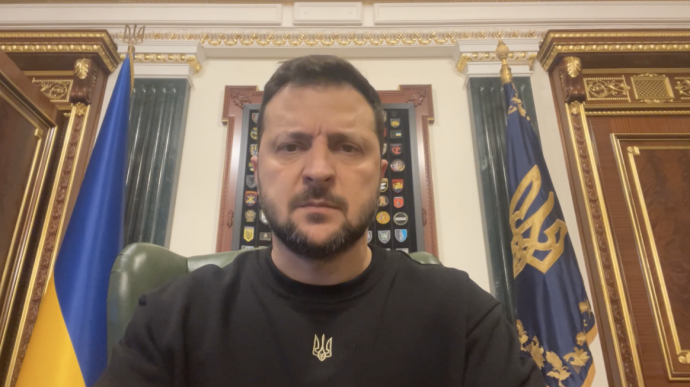Leaked Supreme Court Memos Show Roberts Knows Exactly How Bad Alito Is
Supreme Court Chief Justice John Roberts knows that Justice Samuel Alito’s antics and ideology are getting out of hand—and that’s why he’s taking care to protect him from the public eye.The New York Times reports that Roberts had initially assigned Alito to write the majority opinion in a case ruling that prosecutors overreached by charging some January 6 rioters with obstruction of justice in April. But in May, Roberts took over the opinion himself, only four days after revelations that an upside-down U.S. flag, a symbol of the “Stop the Steal” movement, was displayed outside Alito’s home soon after the January 6 attack.Switching authors on a Supreme Court opinion is unusual, the Times reported, citing court experts, and furthermore, Roberts had already written majority opinions in seven of the high court’s opinions during the term. It’s unclear whether Roberts’s decision was related to the flag incident, and none of the nine Supreme Court justices responded to the newspaper for comment. Such an unusual occurrence on the court will raise suspicions, though, especially as Roberts keeps rejecting efforts on Supreme Court ethics reform. Despite Roberts’s conservatism, he has been a more moderate voice compared to his right-wing peers, and has voiced concerns about the legacy and image of the Supreme Court. But that didn’t stop him from ruling in favor of Donald Trump on the issue of presidential immunity, dramatically expanding the privileges of the presidency and limiting its accountability. In the Times’ writing, Roberts perhaps thought that his immunity ruling would be seen as persuasive and nonpartisan. But the backlash to the decision demonstrated the opposite effect, with criticism over the Supreme Court essentially preventing Trump from experiencing any consequences for his actions. Roberts’s move could indicate that there are cracks in the solidarity among the Supreme Court’s six conservative justices. Or it could just be the chief justice scrambling to protect the court’s public image, which has taken massive hits thanks to various ethics scandals as well as unpopular rulings, such as the presidential immunity case and the overturning of Roe v. Wade. Either way, on some level, even the chief justice has to know that the Supreme Court is not functioning as it should, and changes need to be made.

Supreme Court Chief Justice John Roberts knows that Justice Samuel Alito’s antics and ideology are getting out of hand—and that’s why he’s taking care to protect him from the public eye.
The New York Times reports that Roberts had initially assigned Alito to write the majority opinion in a case ruling that prosecutors overreached by charging some January 6 rioters with obstruction of justice in April. But in May, Roberts took over the opinion himself, only four days after revelations that an upside-down U.S. flag, a symbol of the “Stop the Steal” movement, was displayed outside Alito’s home soon after the January 6 attack.
Switching authors on a Supreme Court opinion is unusual, the Times reported, citing court experts, and furthermore, Roberts had already written majority opinions in seven of the high court’s opinions during the term. It’s unclear whether Roberts’s decision was related to the flag incident, and none of the nine Supreme Court justices responded to the newspaper for comment.
Such an unusual occurrence on the court will raise suspicions, though, especially as Roberts keeps rejecting efforts on Supreme Court ethics reform. Despite Roberts’s conservatism, he has been a more moderate voice compared to his right-wing peers, and has voiced concerns about the legacy and image of the Supreme Court. But that didn’t stop him from ruling in favor of Donald Trump on the issue of presidential immunity, dramatically expanding the privileges of the presidency and limiting its accountability.
In the Times’ writing, Roberts perhaps thought that his immunity ruling would be seen as persuasive and nonpartisan. But the backlash to the decision demonstrated the opposite effect, with criticism over the Supreme Court essentially preventing Trump from experiencing any consequences for his actions.
Roberts’s move could indicate that there are cracks in the solidarity among the Supreme Court’s six conservative justices. Or it could just be the chief justice scrambling to protect the court’s public image, which has taken massive hits thanks to various ethics scandals as well as unpopular rulings, such as the presidential immunity case and the overturning of Roe v. Wade. Either way, on some level, even the chief justice has to know that the Supreme Court is not functioning as it should, and changes need to be made.



